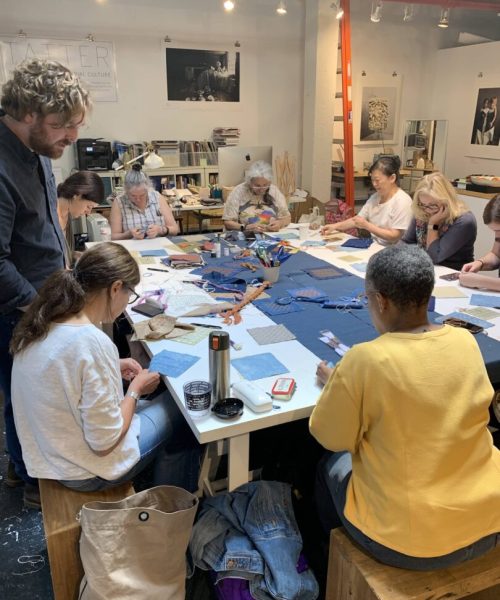Classes and events
TATTER is committed to preserving skills of the hand, sustaining cultural expression, and supporting ongoing innovation. We work with makers, archivists, and anthropologists to develop extended courses that use textiles as a portal to reclaim history, cultural encounter, indigenous practices, a harmonious relation to the natural world, and making as a tactic of collective liberation.
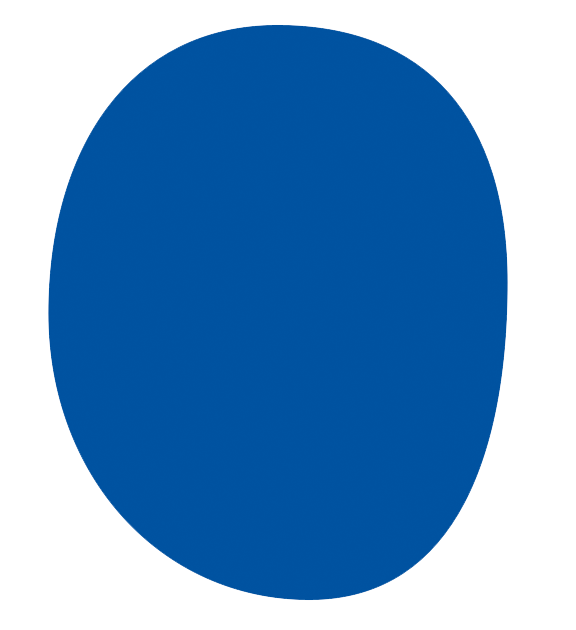

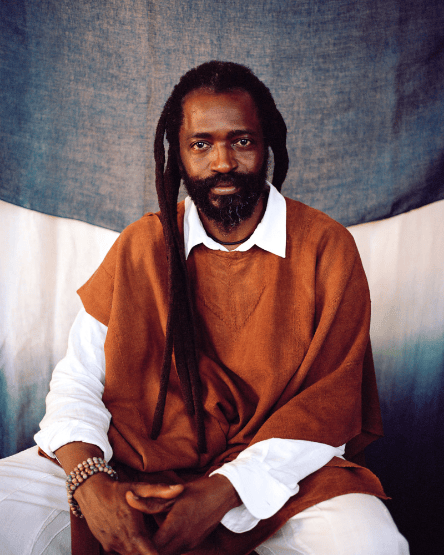
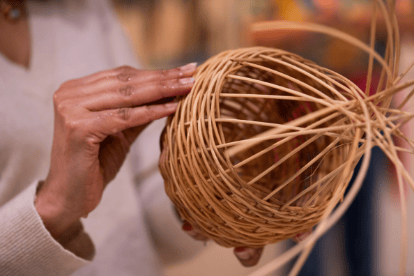
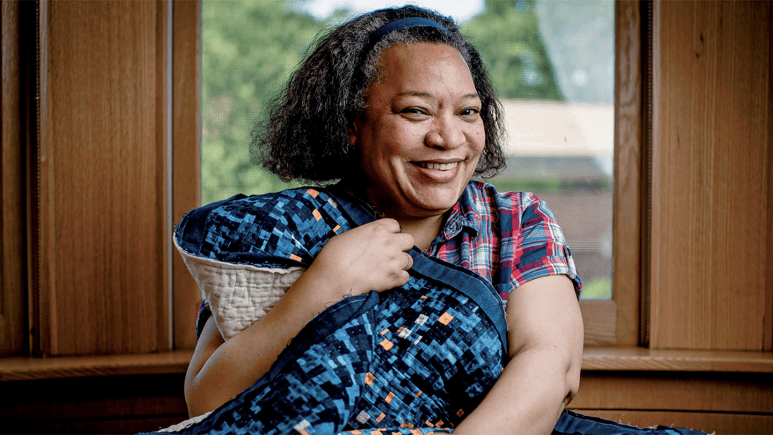
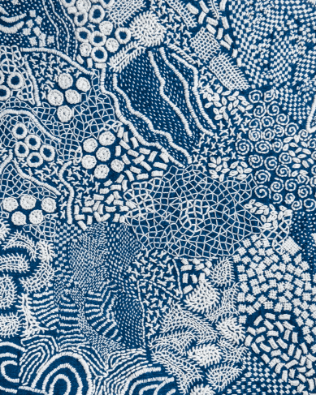
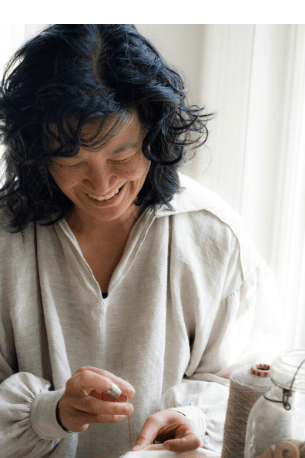
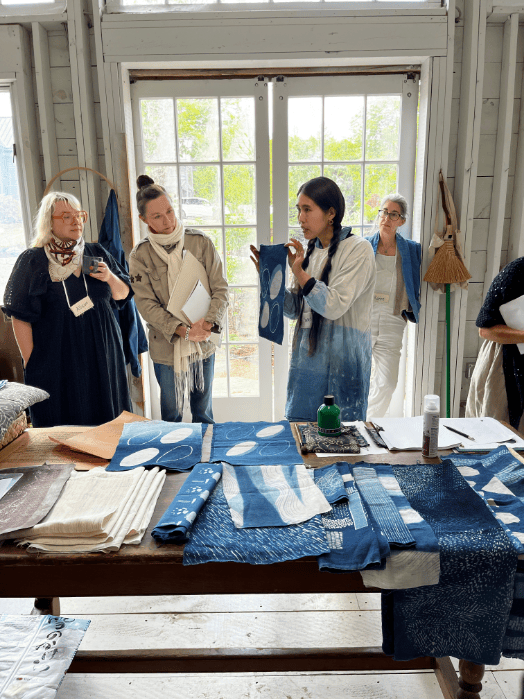
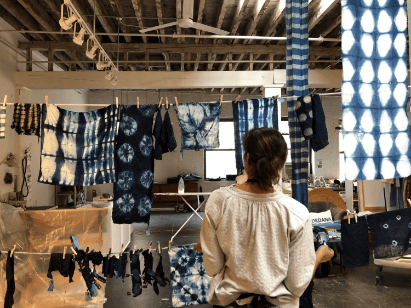
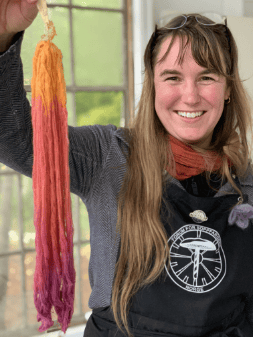
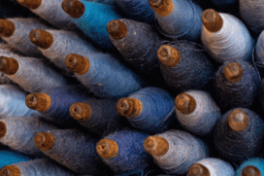
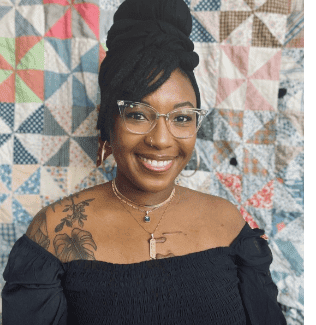

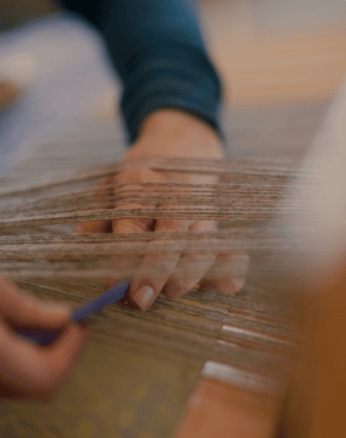
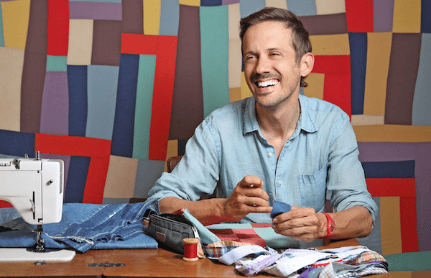
TATTER works tirelessly to develop a diverse range of voices and perspectives from theory to practice. Our instructors and lecturers are artists, activists, visionary thinkers, and makers committed to craft, community, culture, connection, and cloth. They are storytellers who seek to reestablish a decentralized hierarchy within textile history.
Core Classes at Tatter
TATTER curates an ever expanding calendar of offerings that champion cultural specificity and indigenous practices while exploring contemporary forms of heritage techniques. We currently host 65-85 classes per year, engaging a global community of students in the effort to share and preserve skills in the areas of hand sewing, hand quilting, and embroidery. We are passionate about preserving cultural arts, fostering new skills, cultural appreciation and empathy.
In the case of traditional techniques, these workshops are centered on conserving traditional methods, understanding their provenance and importance specific to culture of origin. These classes, along with our contemporary stitching classes, emphasize handwork over machines, resourcefulness and intentionality regarding materials, and the value of labor.
Speaker Series
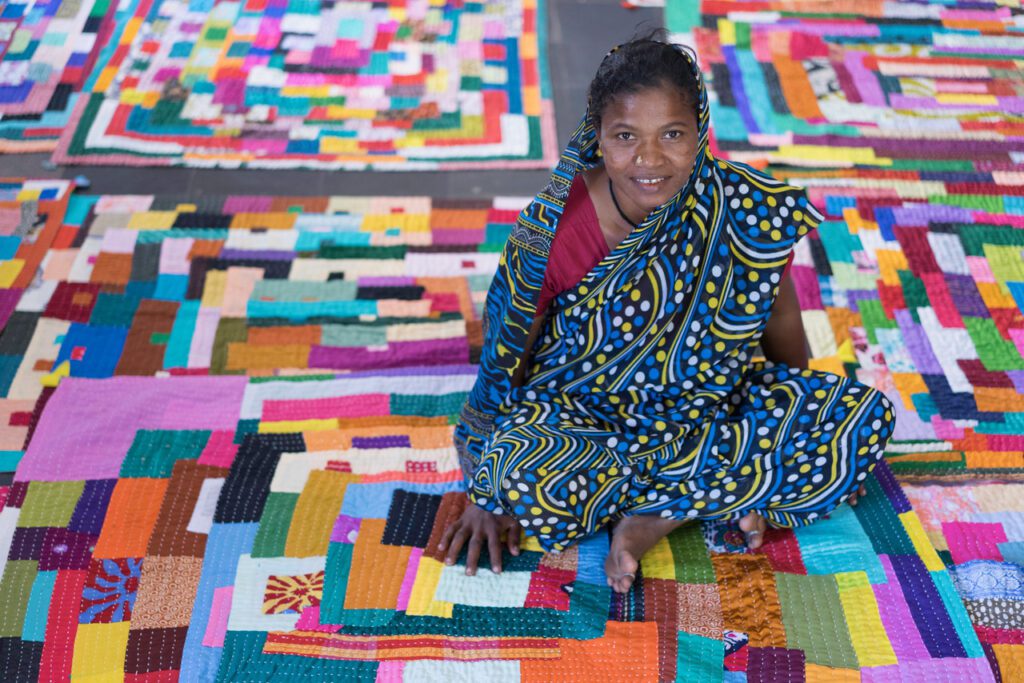
Kawandi Quilting: To Sew and to Sow
A Virtual Lecture with Sarah K Khan
and Henry J Drewal
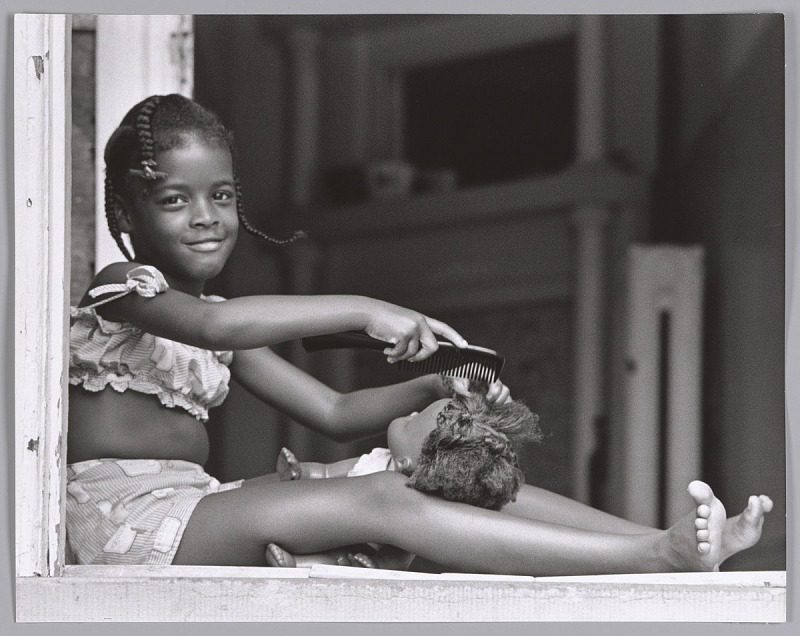
The Legacy of Black Dolls
A Virtual Lecture with Wanett Clyde
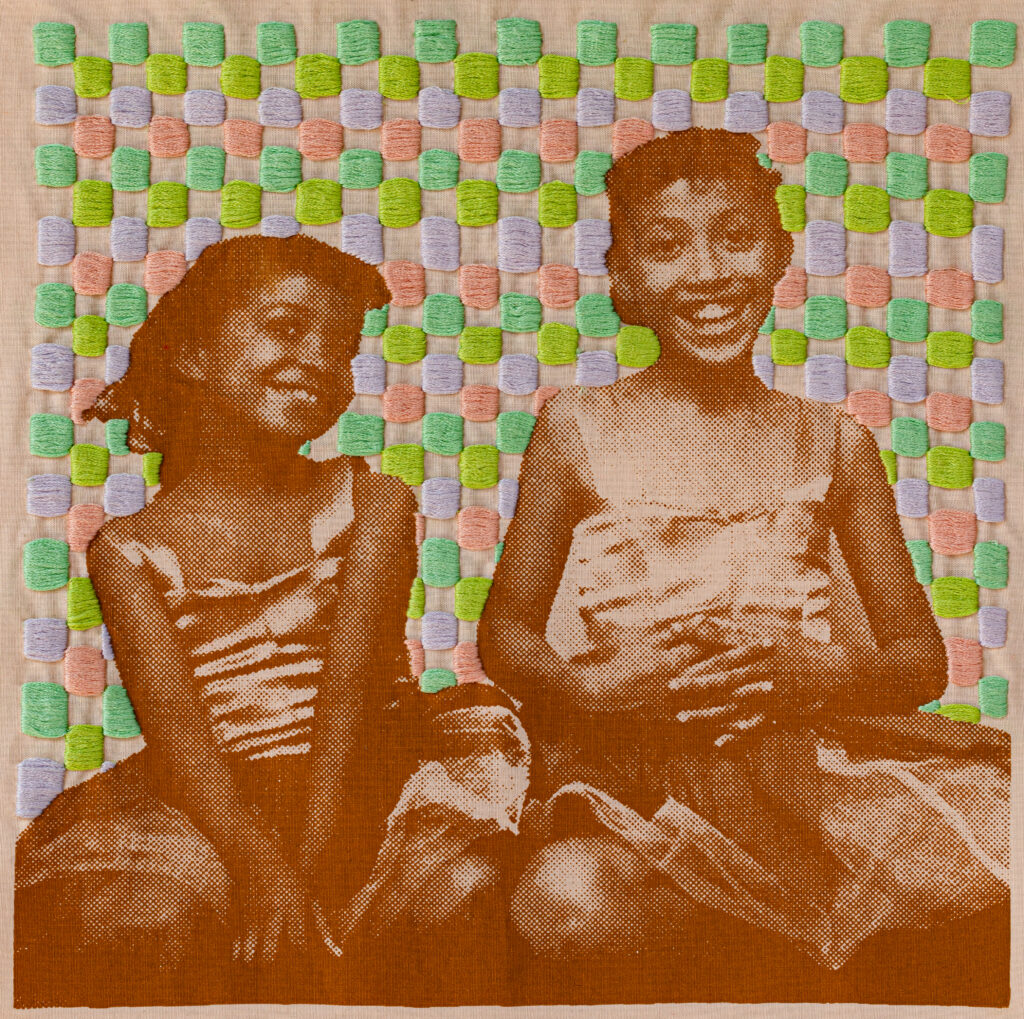
Narrative Quilting: Textile as Record
An Artist Talk with Stephanie Santana
Find...
common threads
culture
empathy
human story
ritual
community
art
learning
activism
in cloth.
At TATTER, we are committed to collective liberation through the practice of artmaking. We center the lived experiences of those whose voices have been erased and dismissed. We honor our ancestors by preserving their culture and craft. We cultivate a spiritual and emotional relationship with the natural world.
By creating spaces where people feel safe to bring their whole selves, we are envisioning an unwritten future of textiles that is listening, empathic of peoples and cultures, open to dialogue, and welcoming. Our approach to educational programming is collaborative. We impart what we know, but remain open to learning from our students and community members. We see this as an active exchange.
We won’t always get it right, but we are agile – ever-expanding, fluid, and growing. When we are presented with new paradigms, we will listen and shift our ways of thinking and living in the world. This is who we are. This is where we stand. We fully embody this way of being.
Have an idea for a class or lecture? Email us at [email protected]

